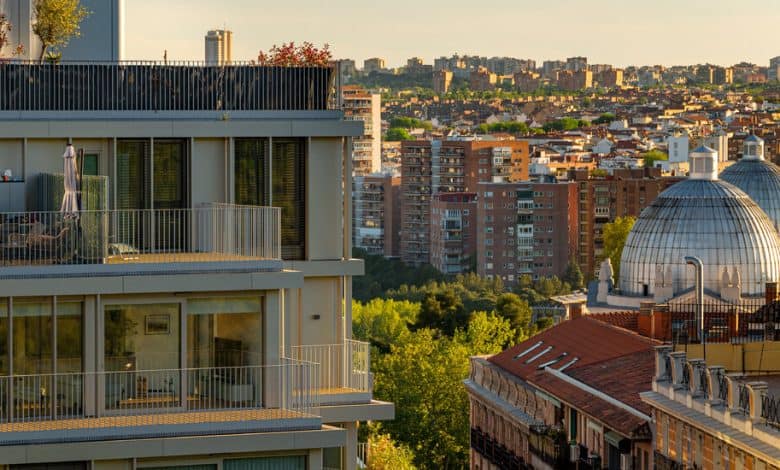Golden Visa Programs, Once a Boon, Lose Their Luster

When Ana Jimena Barba, a young doctor, began working at a hospital in Madrid last year, she moved in with her parents half an hour outside the city until she could save enough to buy her own home. But when she started looking at houses in the same village, almost everything was priced at more than 500,000 euros.
The amount — nearly 20 times more than the average annual salary in Spain — happens to correspond to the cost of the country’s “golden visa,” a program that offers residency to wealthy foreigners who buy real estate there. After a decade, the program has reeled in billions of euros in investments, but it has also helped fuel a wrenching housing crisis for its own citizens.
“There’s nothing I can afford,” said Dr. Barba, an allergist who has been working 100 hours overtime every month to save up a nest egg. “If foreigners inflate the prices for those of us who live here, it’s an injustice,” she said.
Faced with growing pressure to address its housing crunch, Spain said this month that it would scrap its golden visas, the latest in a wider withdrawal from the program by governments around Europe.
Half a dozen eurozone countries offered the visas at the height of Europe’s debt crisis in 2012 to help plug gaping budget deficits. Countries that needed international bailouts — Spain, Ireland, Portugal and Greece among them — were especially desperate for cash to repay creditors, and saw a path to bring in investors while reviving their moribund real estate markets.

The golden visa program brought Spain billions of euros in investments. But property prices paid by rich foreigners are well beyond the earning power of locals.Credit…Emilio Parra Doiztua for The New York Times